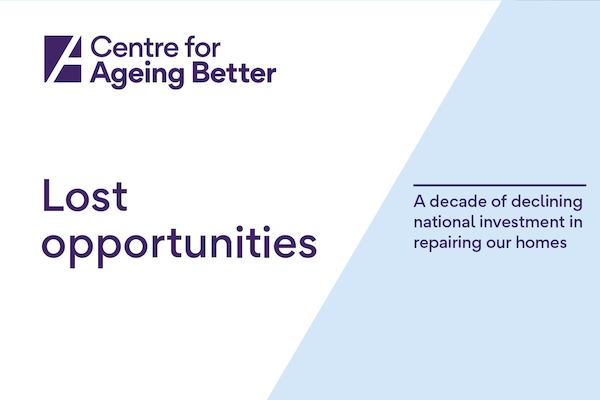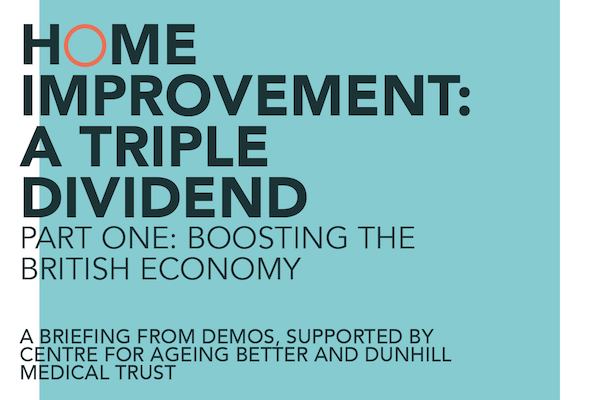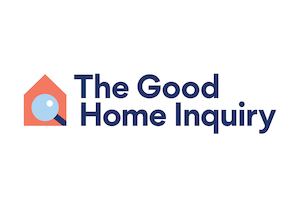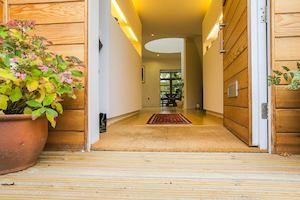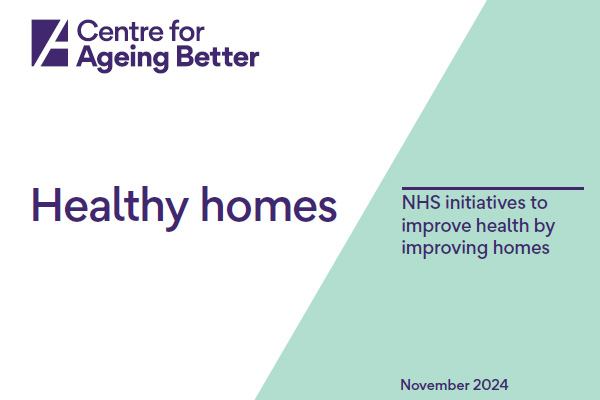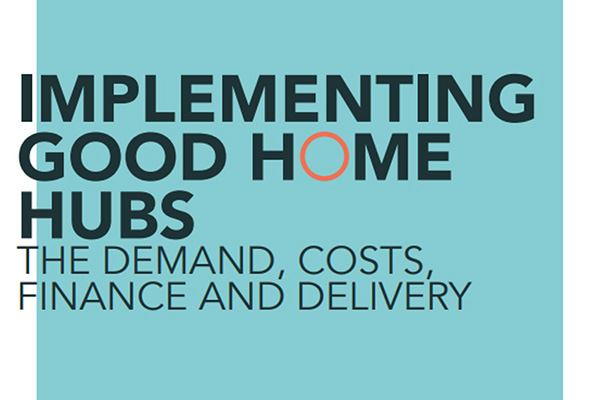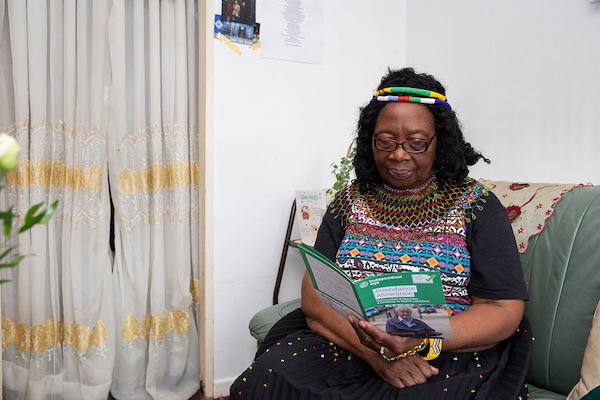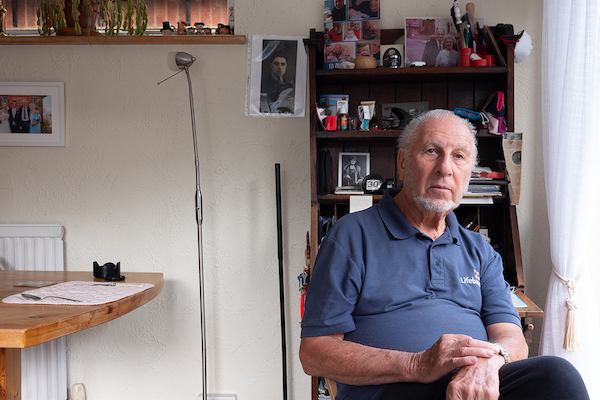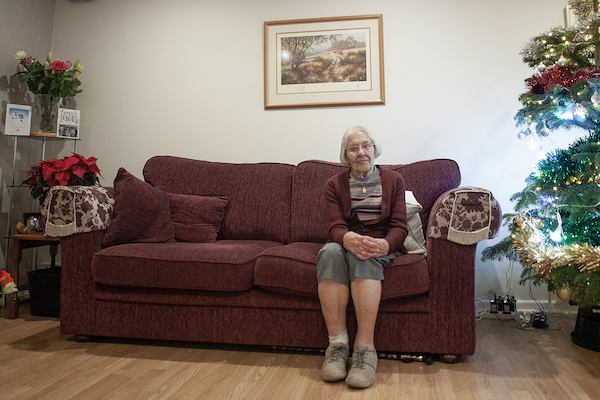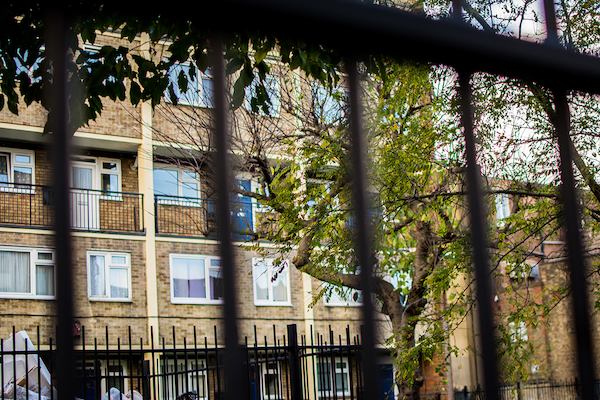Policy solutions to improve cold, damp and inaccessible homes
Find out how we have been working with experts to develop policy solutions to tackle the housing crisis.
Find out more
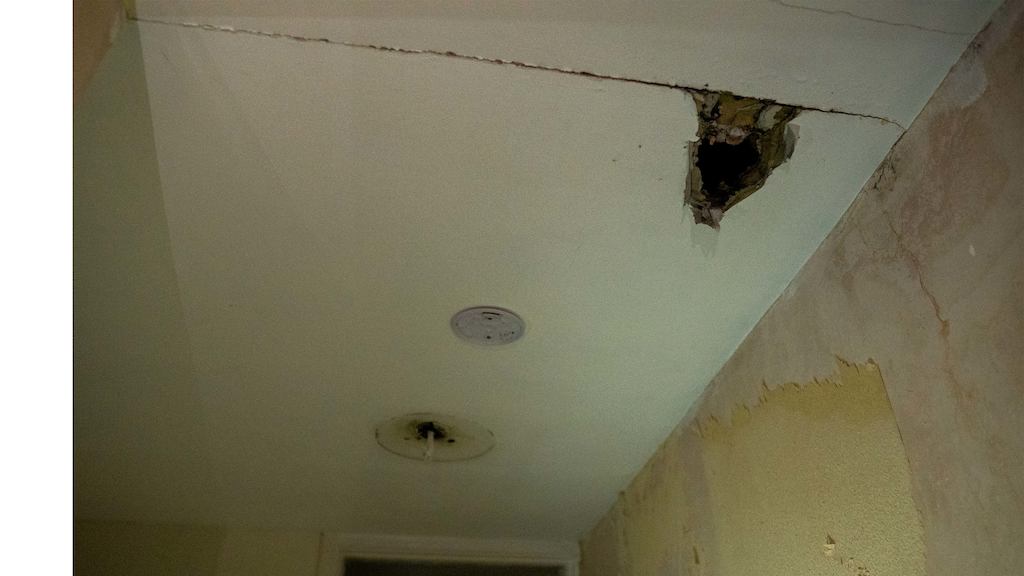
Nearly 8 million people live in homes that are in such disrepair they do not meet the government’s minimum standards of decency. Homes that are cold and damp, that risk people’s physical and mental health, their wellbeing and their financial security. Many more older people live in homes that are not designed for those with accessibility needs, leaving them unable to get out and about, cook, wash or take part in other everyday.
Inappropriate housing can lead to falls, often caused by tripping hazards, isolation and loneliness, and a poorer quality of life in general. This in turn can impact family and loved-ones, a person’s ability to live independently, and increase pressure on the NHS, social care and local authorities.
Lack of national action on England’s housing crisis
Approaches to improving homes nationally are piecemeal and inadequate. We have some of the oldest and worst quality housing in Europe. Current government proposals do not sufficiently tackle the problem, meaning that millions will continue to endure unsafe and inaccessible housing.
A lack of strategic thinking also means that housing developers are building new homes that are unsuitable for people with accessibility issues now and do not consider future needs. Given an increasingly ageing population and the number of people already struggling, this makes little sense.
The Centre for Ageing Better has been working with Experts by Experience and various other stakeholders to create ambitious but achievable policy solutions.
Investing in home improvements such as basic repairs and maintenance, making homes warmer and more accessible, with handrails and wet rooms, would have a range of benefits, including improved population health and economic growth, and would also contribute to the net zero goal.
- publish a cross-government strategy to improve the quality of homes, with a ministerial champion to implement it
- support local authorities to set up local Good Home Hubs, providing one-stop shops for a range of home improvement, retrofit and energy efficiency schemes
- raise building standards so that the ‘accessible and adaptable’ design standard is the mandatory baseline for all new homes, and enough homes are built for wheelchair users.
These solutions were co-designed with Experts by Experience and other stakeholders as part of the Good Home Inquiry, which was set up and supported by the Centre for Ageing Better.
We have further developed these policy solutions in collaboration with Demos and the Dunhill Medical Trust. Three briefings, Home Improvement: The triple dividend, focus on the economy, health and the environment, each providing a costed plan for how national government could implement the initiatives.
